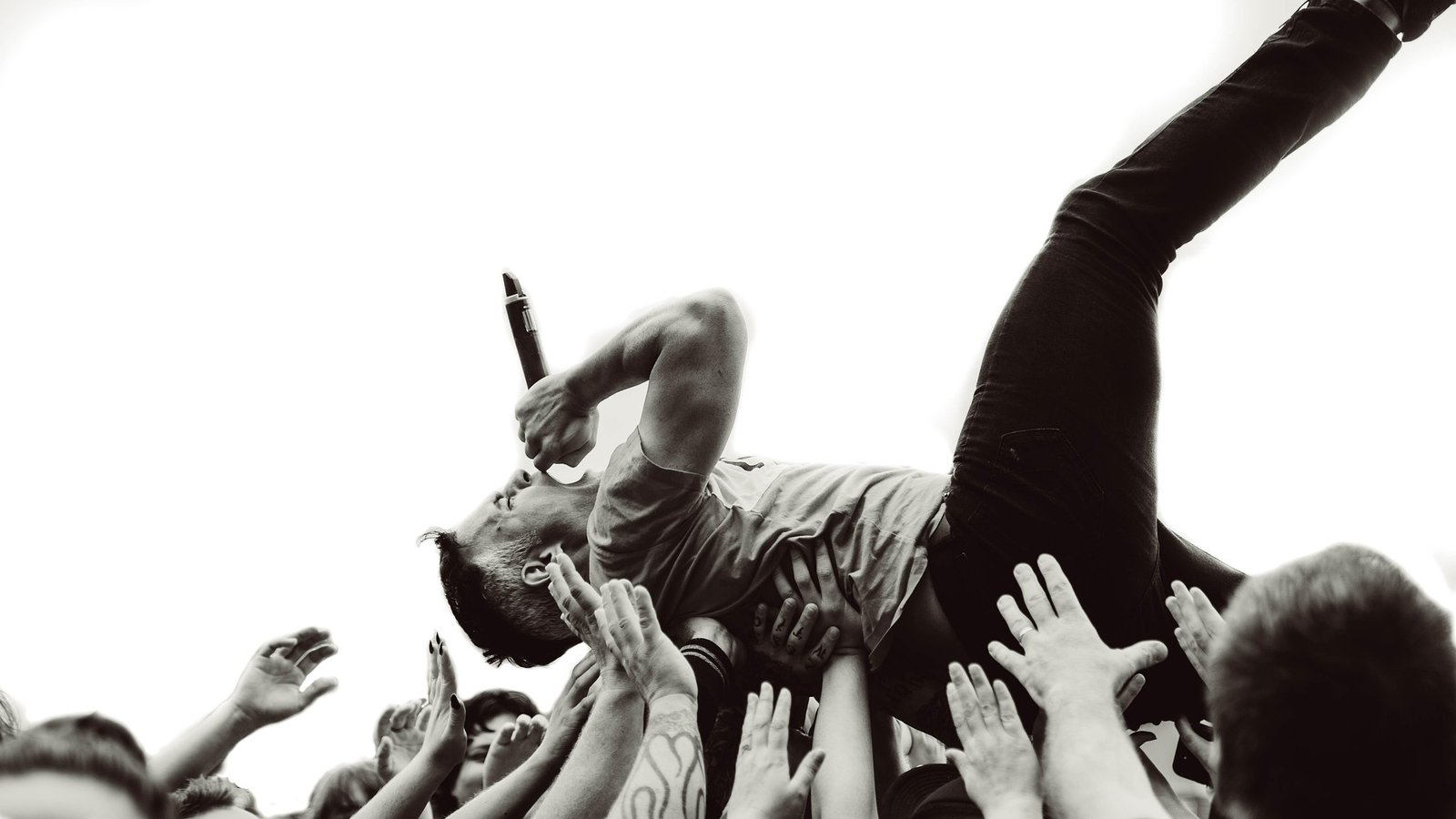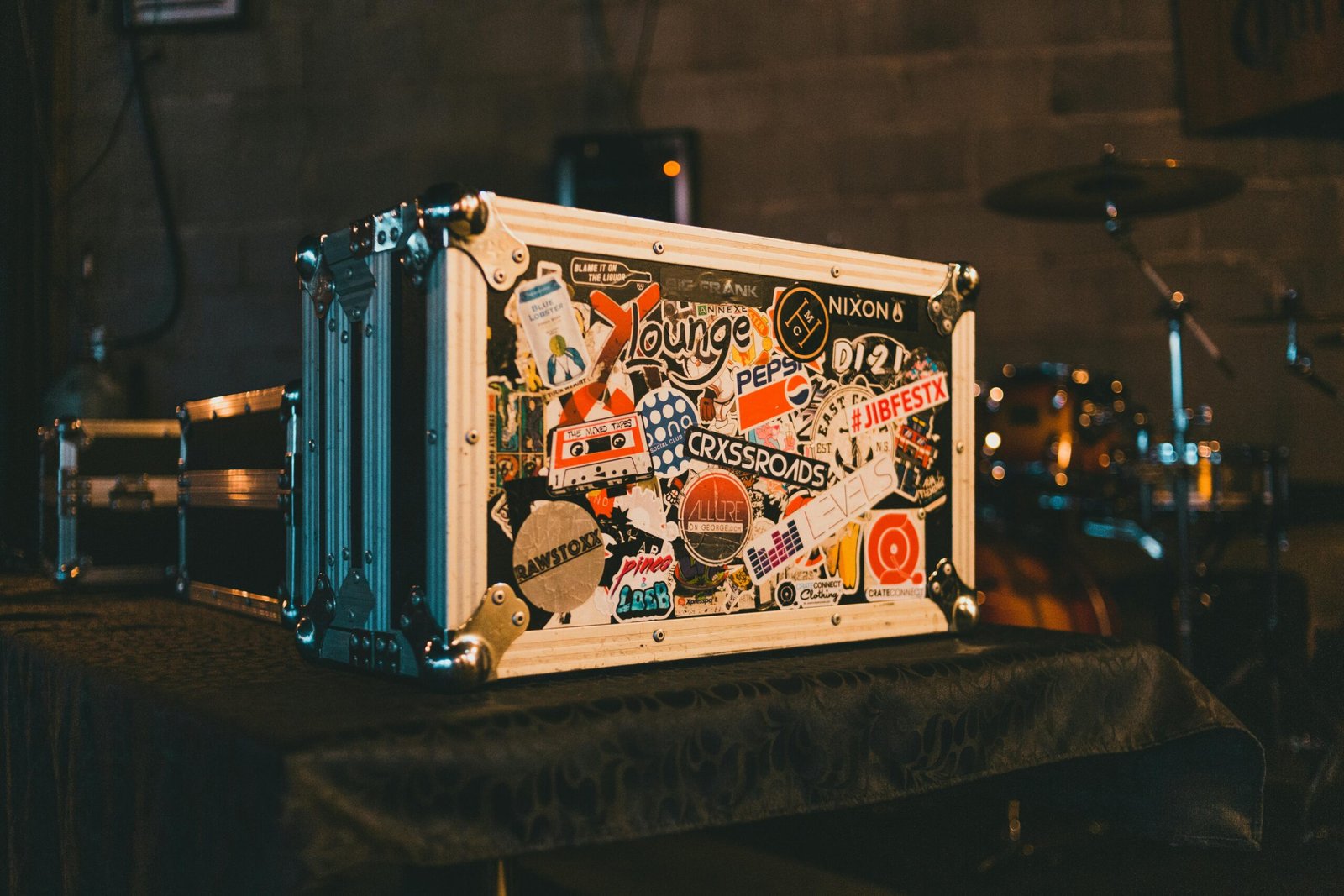Touring Etiquette Every Band Should Know
Learn the unspoken rules of the road that turn good shows into lasting relationships. From how you treat venue staff to how you support other bands, touring etiquette can make or break your next opportunity.

Why Touring Etiquette Matters More Than You Think
Your reputation on the road is one of the most powerful tools you have as an independent artist. Great performances will get you noticed, but professionalism and etiquette are what get you invited back. Bookers, venues, and other artists talk and the bands that are easy to work with often find doors opening faster.
Before the Show: Communicate Like a Pro
Great touring etiquette starts long before you hit the stage. Respond promptly to booking emails, confirm key details like load in time, set length, and merch policies, and share your stage plot or input list early. Being proactive shows that you respect the promoter’s time and helps avoid last minute stress.
- Reply quickly to booking communications.
- Confirm set times, load in, and parking ahead of time.
- Send tech needs or stage plots in advance.
- Arrive early 15 to 30 minutes before load in is ideal.
At the Venue: Respect the Space and the Staff
From the person scanning tickets to the sound engineer, every staff member is part of your show’s success. Be polite, follow house rules, and clean up your space after you play. Make sure you learn the sound person’s name and treat them like royalty they make sure you sound good. Little gestures go a long way and staff often share feedback with bookers about which artists are worth bringing back.
- Always introduce yourself to venue staff and thank them after the show.
- Respect house gear, furniture, and backstage areas.
- Clean up after your set, leave the stage better than you found it.
On Stage: Share the Spotlight, Not the Ego
Etiquette matters just as much under the lights. Stick to your set time, running over can disrupt the entire night’s schedule. Respect shared gear, and never adjust someone else’s equipment without permission. And remember: energy, connection, and gratitude on stage leave just as strong an impression as the music itself.
- Stick to your set length and avoid running over time.
- Don’t touch or move gear that isn’t yours without asking.
- Thank the crowd and the venue from the stage.
With Other Bands: Collaboration Beats Competition
Touring isn’t just about playing music, it’s about building community. Show up early to support the other bands on the bill, cross-promote each other online, and avoid hogging the spotlight. Bands that treat their peers with respect often end up with future support slots and valuable connections.
- Watch the other bands’ sets and support them publicly.
- Share each other’s posts and tag them on social media.
- Offer to split gear or backline when possible.
After the Show: Thank and Follow Up
The show doesn’t end when the lights go up. Always thank the sound engineer, promoter, and venue staff before you leave. Follow up with a quick message or social post tagging the venue, these small touches show you care about the relationship and can make you a top pick for future bookings.
- Thank the staff and promoter before you leave.
- Post and tag the venue, staff, and other artists online.
- Follow up about future booking opportunities.
How RoadUNO Helps You Stay Professional
It’s easy to forget details when you’re on the road. RoadUNO helps you stay organized with show reminders, load in times, and even route planning so you can focus on showing up prepared and professional.

